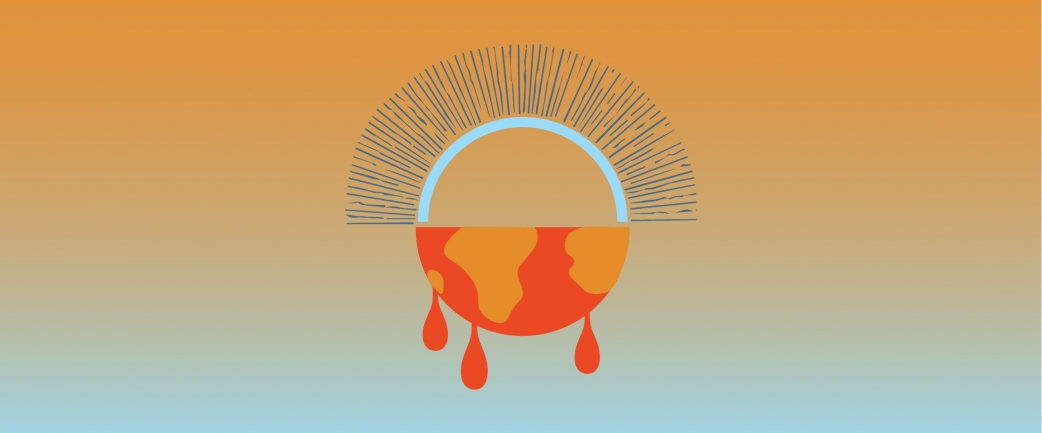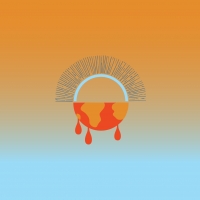
Let us consider rising sea level, fires, extreme heat, devastating storms. Take your pick of all the terrible things that stem from our addiction to fossil fuels. Virtually all of it is coming as part of the disruption of the planet’s climate, all leading to one harsh reality that will test us like nothing else—the mass migration of people.
It is this fear that motivates people to create walls and push out anyone who does not fit into their idea of what community should or should not be. Sadly we fall into Mad Max–style zombie narratives where dog eats dog and strong overpowers weak. This is a bleak vision, one where food, water, and shelter are scarce and people hoard and band together to fight under increasingly severe conditions.
But as a Muslim my tradition provides an annual quasi–dress rehearsal for how to manage oneself in the midst of dramatic migration. Islam has five main pillars: profess one’s faith, pray, fast, support those in need, and, if possible, go on the yearly pilgrimage to the holy city of Mecca—the Hajj.
Hajj is arguably the most important gathering of humans on the planet. It is certainly the largest and most diverse. To understand the human condition you must understand Hajj. Imagine packing four million people into a desert city in the middle of the Arabian Peninsula, all speaking different languages, all eating different foods.
Situations like this will become far more common in the future. I pray that my participation in these rites and traditions will enable me to be one of the people who reject the Mad Max narrative and instead embrace the narrative of Hajj, where millions of people move in both the same and a thousand different directions together.
About the Contributor
Ibrahim Abdul-Matin is a bright, playful spirit who authentically reflects and acts on bold questions. His artful blending of idealism and spiritual commitment with pragmatic application has led him into government, public administration, parenthood, and media. His unique voice has helped elevate the environmental vision of Islam, the spiritual opportunity of parenting, and the cultural and political side of sports.






